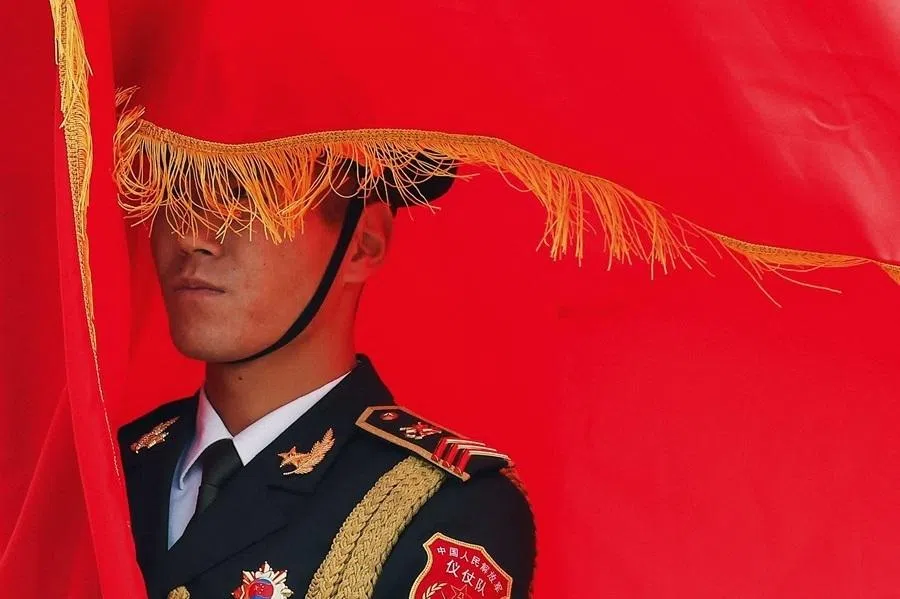Mixue, ChaGee, Luckin: F&B brands boosting China's soft power in Southeast Asia?
As China tries to sell its soft power, one channel it is tapping into is its food and beverage industry, with brands like Mixue and Luckin Coffee moving into overseas markets. Alongside its tech exports like smartphones, can China convince others of its products and improve its image?
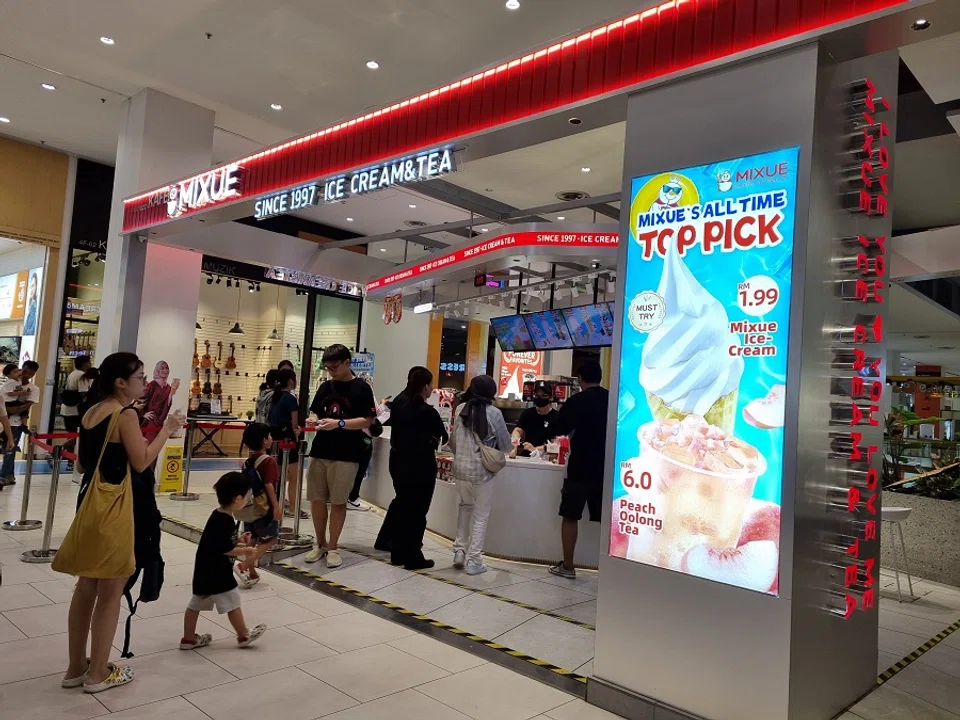
Following the rising popularity of Chinese tech brands among consumers, Chinese beverage chains such as Mixue Ice Cream & Tea, ChaGee and Luckin Coffee are rapidly expanding in Southeast Asian countries, while mala hotpot joints have become a new favourite among foodies worldwide.
Academics interviewed believe that it is possible for China to promote a positive image and even expand its influence through its cuisine in Southeast Asia since food is a universal language.
Known for offering affordable ice cream and drinks, Mixue established its first overseas store in Vietnam in 2018, and sold nearly 1,400 cups of tea on its opening day. Now, it has about 1,000 outlets in Southeast Asia.
Having entered the Malaysian market in 2019, ChaGee now has 50 outlets in the country, with each outlet earning about 300,000 to 400,000 RMB (US$41,000 to 54,900) a month, 1.5 to two times the average monthly revenue in China.
"...anti-Chinese sentiment is quite high, but [even] when they found out that Mixue was an F&B product from China, many Indonesian people flocked to buy the product." - Yeta Purnama, Researcher, Indonesia's Center of Economic and Law Studies
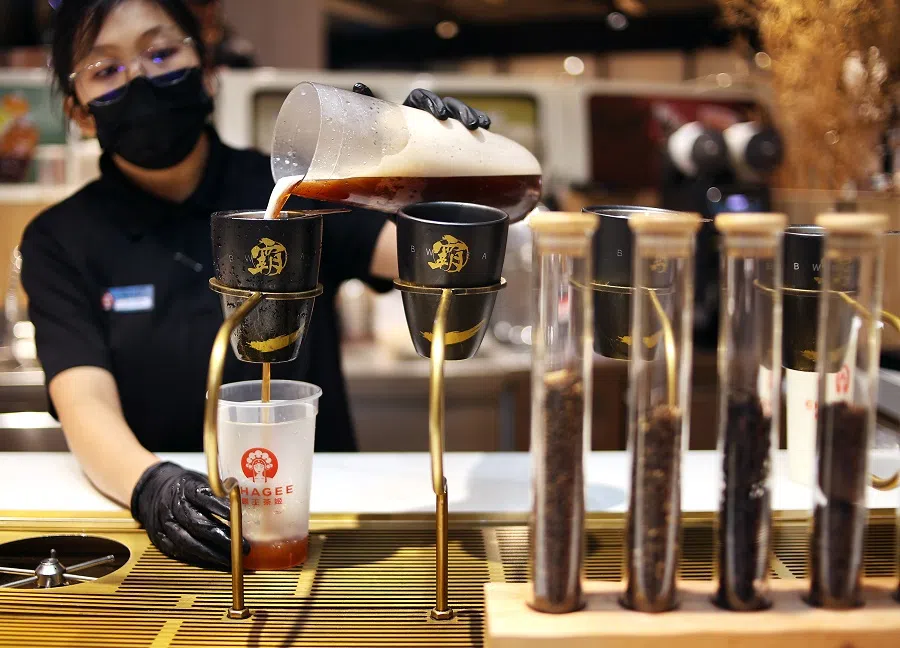
Apart from bubble tea, mala hotpot outlets have also taken Southeast Asia by storm in recent years. Quoting statistics from media monitoring platform DXT360, the Thai Public Broadcasting Service reported that 11 mala hotpot restaurants have opened in Bangkok alone over the 12-day period from 31 August to 11 September.
Promoting China's soft power?
Indonesian academics Muhammad Zulfikar Rakhmat and Yeta Purnama published a commentary in The Jakarta Post saying that Mixue's success in Indonesia is due to three factors: supply chain efficiency, affordable product prices and the ease with which a franchise can be started.
The article said: "In addition to this, we as researchers focusing on China-Indonesia relations argue that Mixue - along with other China-based international retail operations such as Miniso - is more than just a business success story. It has the potential [to] help China promote a positive national image in Indonesia."
Yeta, a researcher at Indonesia's Center of Economic and Law Studies, elaborated in an interview with Lianhe Zaobao: "F&B is quite effective in increasing the positive image of a country, in this context, China. For example, in Indonesia, anti-Chinese sentiment is quite high, but [even] when they found out that Mixue was an F&B product from China, many Indonesian people flocked to buy the product because it went viral on social media."
"Although there was some criticism before it was given a halal certificate, Mixue's positive image predominated in Indonesia. Indirectly this also builds a good image for China."
"... from YouTube, a lot of Filipinos are trying to review the images of food and beverage... it's really a good way of trying to improve China's image in the Philippines and in Southeast Asia." - Joshua C. Agpaoa, Associate Researcher, Center for Philippine Studies, Jinan University
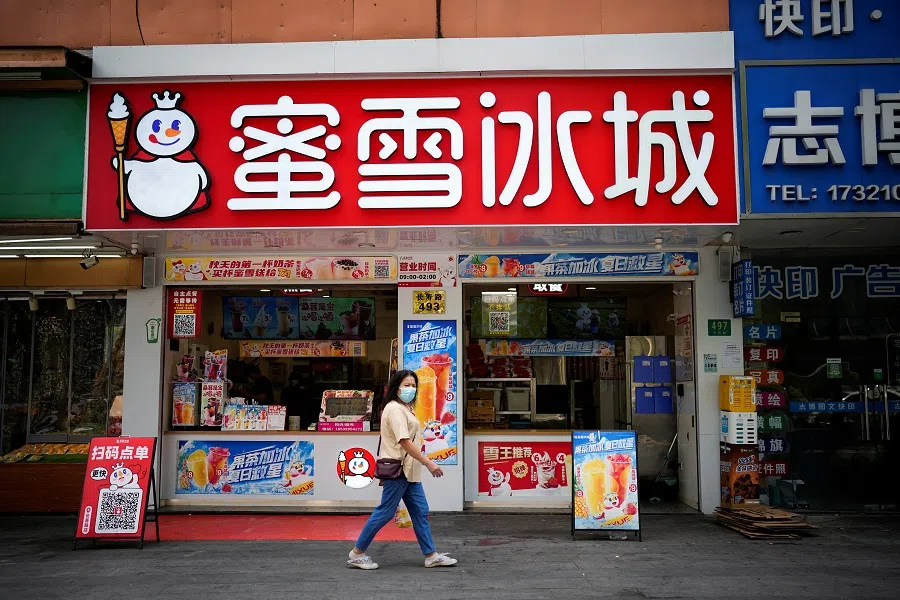
Joshua C. Agpaoa, who recently moved from the Philippines to China to work as an associate researcher at Jinan University's Center for Philippine Studies, said in an interview that previously, Filipinos were easily turned off by China's food brands or products. But "now we can see that from YouTube, a lot of Filipinos are trying to review the images of food and beverage... it's really a good way of trying to improve China's image in the Philippines and in Southeast Asia."
ISEAS - Yusof Ishak Institute researcher Joanne Lin said in an interview that China's food and beverage (F&B) brands are "price-competitive", and are more affordable for consumers in developing countries in Southeast Asia when compared to Western F&B brands like Starbucks and McDonald's.
However, she pointed out that in more developed countries such as Singapore, high rents could deter China's F&B brands such as Mixue from pricing their products too low. Furthermore, people living in developed countries may prefer quality products with low sugar and no artificial ingredients that are usually not associated with China's food brands. For example, there are more Haagen-Dazs outlets than Mixue outlets in Singapore, even though Mixue may be cheaper.
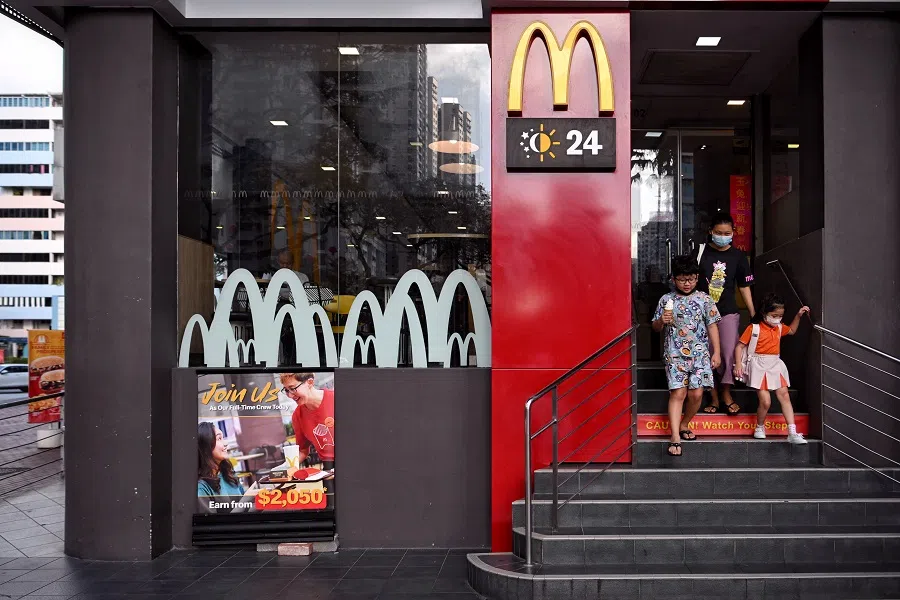
Lin opined that F&B brands can exert their influence in the sociocultural and economic spheres by creating a positive image and following on social media. If a F&B brand is successful in a country, it can also have a positive impact on the job market and on the goods and services sector, which can help to attract foreign direct investment.
However, she also pointed out that such influence may not be long-lasting as F&B businesses are highly volatile due to shifting trends and intense competition. In order for China to retain its food culture influence, it needs to also cultivate quality, trust and familiarisation to ensure that customers continue to support its brand.
Even though F&B culture is a type of soft power, academics believe that China's actions in geopolitics and regional security would limit its ability to wield positive influence via F&B culture.
Need to build all-round long term trust
Lin elaborated that Western brands such as Nestle, Coca-Cola Company, Kellogg, and Heinz continue to gain support in the region due to their ability to become a lifestyle product for the mass consumers in the region, and it remains to be seen if China's products, which often lack quality, can retain its influence in the long run.
Even though F&B culture is a type of soft power, academics believe that China's actions in geopolitics and regional security would limit its ability to wield positive influence via F&B culture.
In the State of Southeast Asia 2023 Survey Report released in February this year, survey results showed that nearly half of the respondents did not believe that China would "do the right thing" to contribute to global peace, security, prosperity and governance. Around 40% of those who were sceptical of China felt that China's economic and military power could be used to threaten the interest and sovereignty of Southeast Asian countries.

Lin pointed out that the soft power of Chinese F&B culture does not have much influence to override security issues, nor does it have the effect to ameliorate critical perception of China when it comes to geopolitical issues, especially when its political actions in the South China Sea, threats towards Taiwan, and rivalry with the US loom larger than its soft power portrayal.
"However, when soft power is being led by the private sector, such as in the areas of food and technology, the chances of a genuine soft power influence will be higher."
"... Now, Chinese companies have kept improving the quality of their products to expand their market. Brands like Oppo, Huawei, and Lenovo all offer good quality devices with innovative features." - Anisa Nurfadilah, an Indonesian student at NUS
Tech brands also help China wield soft power
In recent years, China's technology brands have also become more and more well known in Southeast Asia, and the quality of their products is generally improving. Chinese smartphones are especially popular among the youth in Southeast Asia. All this helps to increase the number of users as well as the pull of Chinese tech products, and highlights how the tech sector has become an important facet of China's soft power.
Anisa Nurfadilah, an Indonesian student currently doing her graduate studies at the National University of Singapore, said when interviewed that in Indonesia, Chinese electronic brands from televisions to household appliances to smartphones are all becoming increasingly popular with the locals.
She said: "My impression of Chinese brands has actually improved over time. I used to think that Chinese products are all imitations of popular products from other countries, sold at lower prices. Now, Chinese companies have kept improving the quality of their products to expand their market. Brands like Oppo, Huawei, and Lenovo all offer good quality devices with innovative features."
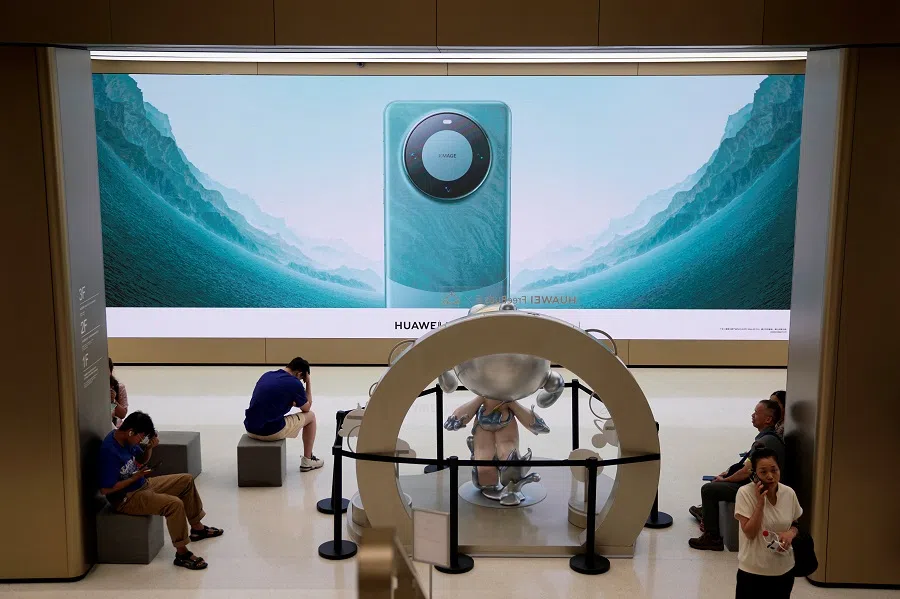
Lin analysed that Chinese tech brands such as Xiaomi and Oppo combine stylish designs, attractive prices and aggressive marketing techniques to grow the number of users in Southeast Asia. Their keen interest in novel offerings spurs conversations about these brands and raises their profile, making it possible for Chinese tech products to influence them.
"A lot of Filipinos right now are accessing TikTok, and have the chance to see the reality about China more than the disputes that's happening in the South China Sea." - Agpaoa
She added that though China's image on the technology front has been tainted with reports of intellectual property theft and its relentless competition with the US, pragmatic consumers in Southeast Asia tend to be price sensitive where technology is concerned, which is why Chinese tech products are still very much preferred.
Agpaoa pointed out that Chinese smartphones come pre-installed with various Chinese social media platforms and applications, indirectly encouraging users to understand Chinese society through these platforms.
"A lot of Filipinos right now are accessing TikTok, and have the chance to see the reality about China more than the disputes that's happening in the South China Sea."
This article was first published in Lianhe Zaobao as "中国饮食化身软实力 唯短期仍难改变国际形象".




![[Big read] When the Arctic opens, what happens to Singapore?](https://cassette.sphdigital.com.sg/image/thinkchina/da65edebca34645c711c55e83e9877109b3c53847ebb1305573974651df1d13a)

